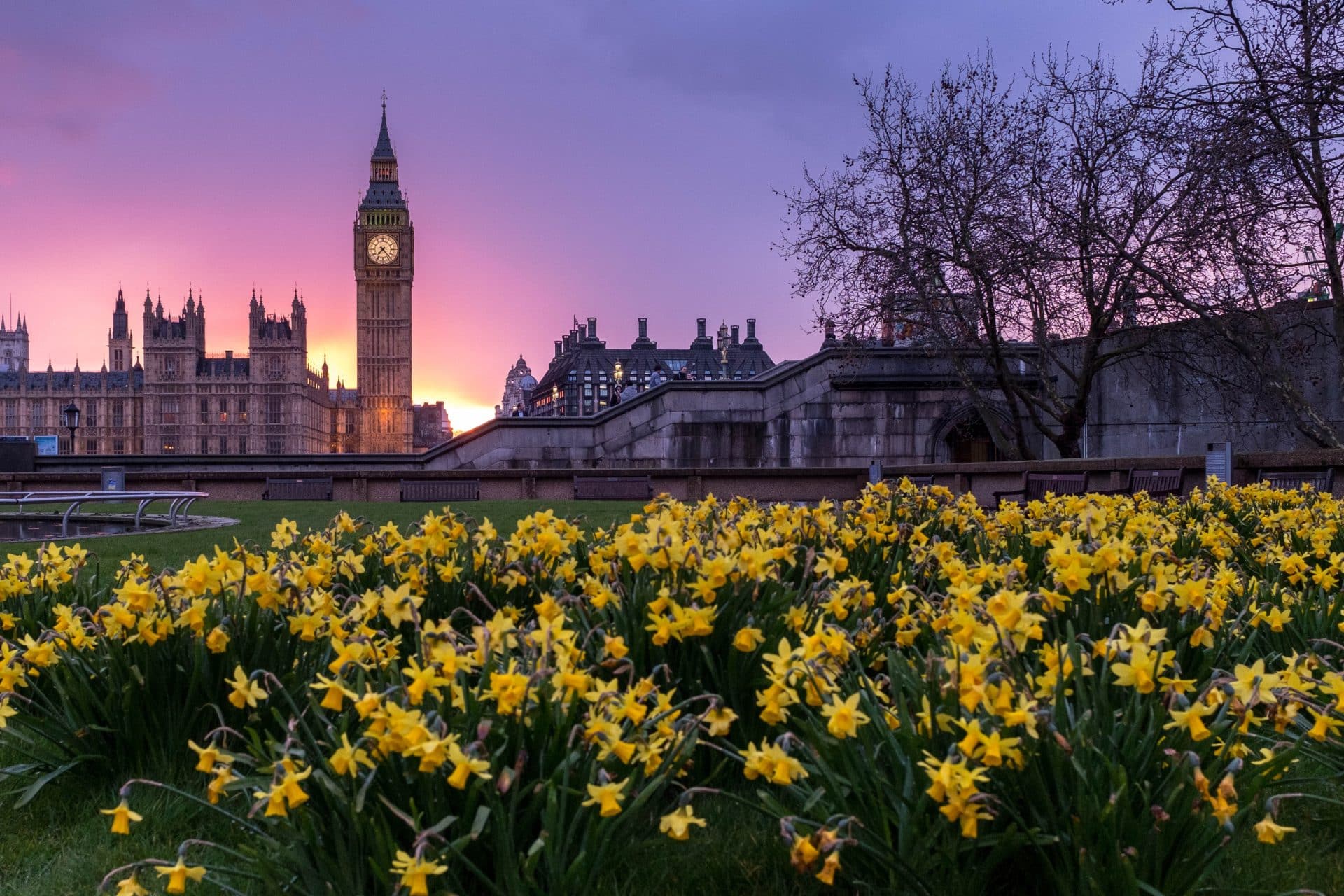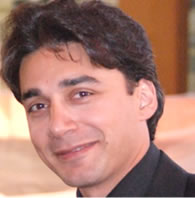The Foreign Office should improve its ability to engage religious actors and dynamics by appointing a director of religion and global issues who would be responsible for developing a cross-government religious engagement strategy.
This is one recommendation from a report presented as a series of ‘policy messages’ or recommendations for diplomats and policy-makers in both the US Department of State (DoS) and the UK Foreign and Commonwealth Office (FCO). These recommendations seek to augment existing arrangements and to help diplomats attain ‘religion attentiveness,’ involving a greater strategic understanding of the way religion intersects with foreign policy priorities.
The report summarises key insights from the project ‘Toward Better International Policy’ which was comprised of two Anglo-American dialogues organised by the Centre for Religion and Public Life at the University of Leeds, the Religious Freedom Project at Georgetown University, and the Institute for Global Engagement. These dialogues were funded by the British Council under the ‘Bridging Voices’ programme.
These are the recommendations in full:
1. Participants in the two dialogues noted efforts made by the State Department to improve its capacity to achieve ‘religion attentiveness’ in the diplomatic corps. These attempts began in 1998 with the establishment of the Office of International Religious Freedom and the position of Ambassador at Large. They continued with the establishment of an Office of Religion and Global Affairs in 2013. On the other side of the Atlantic, the FCO currently suffers from insufficient capacity to grapple with the complexities of these issues. The report therefore recommends:
- that the FCO improve its ability to engage religious actors and dynamics by appointing a director of religion and global issues who would be responsible for developing a cross-government religious engagement strategy.
- that in doing this work, the FCO should emulate best practice from the international development community and elsewhere in Government;
- and that the FCO should leverage the considerable expertise that already exists within the diplomatic service.
2. There are a range of conceptual issues which limit policy makers’ understanding of ‘religion’ as a foreign policy issue. The report therefore recommends that diplomats and policy makers should:
- avoid the charge of ‘instrumentalisation’ by seeking areas of mutual interest and working in a spirit of mutual respect;
- move beyond the ‘world religions’ paradigm given that the lived reality of religion is fluid and does not fit the neat delineations provided by this model;
- look for ‘lived’ as well as ‘official’ religion and in particular should move beyond engagement with official religious clerics as they may not be truly representative of the populations they claim to represent;
- be aware of problematic labels and be attuned to the ambiguity of key terms used in discourses about religion. In most cases, it is preferable to use a longer descriptive phrase than a one-word label;
- develop the confidence to know when not to engage religious actors in the pursuit of foreign policy objectives;
- recognise that ‘religion’ includes, but means more than, Islam and pay greater attention to both majority and minority religions in different contexts; it will also be important to get to grips with Christianity as it emerges as a non-Western phenomenon and to understand the various international models of religion-state relationship and the way this influences public policy;;
- recognise that religious freedom is a strategic mainstream foreign policy priority, not merely a human rights issue, as a growing body of research is finding strong positive correlations between religious freedom and social stability, political moderation, the undermining of religion-related terrorism, and economic development;
- be aware of the ambivalence of religion in its relationship to public policy goals: religion can be both a source of extremism, persecution, and conflict, as well as a positive force for democratic stability, economic growth, health, education, development, humanitarian assistance, and other social goods;
- focus on human security as well as international security, recognising that religiously inspired threats to security sometimes also emerge out of experiences of violence and disruption that generate new modes of collective action and ideological diffusion;
3. Finally, participants identified a range of ways in which the culture of the DoS and FCO might chance to increase the religion-attentiveness of diplomats and foreign policy makers. This report recommends that diplomats and policy makers should:
- recognise that ‘doing religion’ does not mean ‘promoting religion’. Engaging religious actors in pursuit of foreign policy objectives does not require diplomats to advance a theological position or any religious group. Instead, it requires diplomats and policy makers to appreciate the complex ways religion interacts with a range of factors, and they must engage with influential religious actors where appropriate;
- improve the provision of education and training and make it mandatory. A particular challenge is to reach beyond those who are already convinced of religion’s relevance by incorporating modules on religion and religious engagement into core diplomatic training and by incentivising mid- and senior-level officials to attend religion and foreign policy courses;
- continue to engage with contemporary scholarship and practice. Partnerships between scholars, policy makers and NGOs will be critical in filling the current gaps in our knowledge regarding religion in international affairs.



